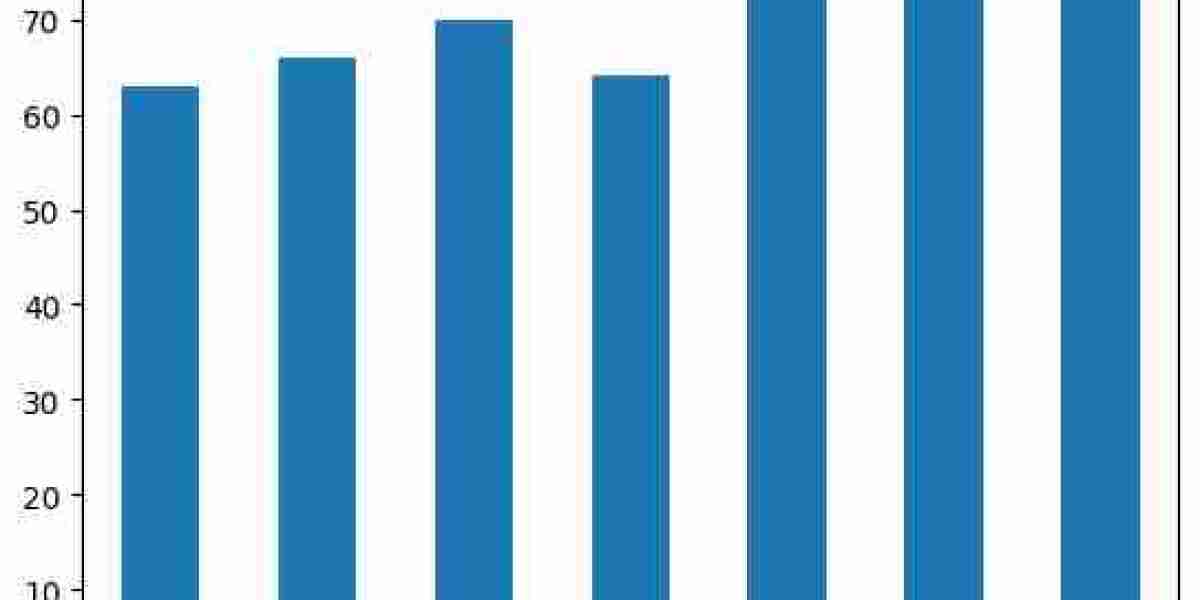Introduction
Millennials and Gen Z consumers are reshaping industries across the globe, and the coffee sector is no exception. As the younger generations become the dominant consumers in the marketplace, their preferences and values are influencing how coffee products, including instant coffee, are developed, marketed, and consumed. This article explores the influence of Millennial and Gen Z consumers on the instant coffee market, highlighting their unique demands, purchasing behaviors, and how brands are adapting to meet their expectations.
1. Shift Toward Convenience and On-the-Go Consumption
Millennials (born between 1981 and 1996) and Gen Z (born between 1997 and 2012) are known for their fast-paced lifestyles, which prioritize convenience and flexibility. This trend is particularly evident in the coffee industry, where instant coffee is becoming increasingly popular. These generations value products that offer quick and easy solutions to their daily routines.
Busy Lifestyles
Both Millennials and Gen Z consumers are often juggling multiple responsibilities, such as work, school, social commitments, and side hustles. For these consumers, the time spent brewing a traditional cup of coffee is seen as an unnecessary hurdle in their busy days. Instant coffee, with its quick preparation time, appeals to these time-conscious groups who seek efficiency and convenience.Portable and Easy-to-Use Products
Gen Z and Millennials are more likely to choose products that are portable and easy to carry. Single-serve instant coffee products, coffee pods, and ready-to-drink (RTD) coffee beverages are becoming increasingly popular among these generations. Instant coffee’s portability allows it to fit seamlessly into the on-the-go lifestyles of these consumers, who may consume their coffee while commuting, at work, or between activities.
2. Health and Wellness Trends
As Millennials and Gen Z become more health-conscious, their purchasing decisions are increasingly influenced by health and wellness trends. These generations are seeking coffee products that align with their personal values, including health, sustainability, and ethical sourcing.
Demand for Healthier Coffee Options
Both generations are more likely to seek out healthier alternatives to traditional coffee. For instant coffee brands, this has translated into the introduction of products that contain fewer additives, artificial sweeteners, or preservatives. Gen Z and Millennials are also looking for instant coffee options that are organic, contain functional ingredients like antioxidants or adaptogens, and support better mental and physical health.Plant-Based and Low-Sugar Offerings
Another key trend among Millennial and Gen Z coffee consumers is the demand for plant-based or dairy-free options. With the rise of veganism and lactose intolerance awareness, many younger consumers are looking for instant coffee products that pair well with plant-based milks like almond, oat, and soy. Additionally, low-sugar and sugar-free instant coffee variants are becoming increasingly popular, as these consumers are more mindful of their sugar intake and the health implications associated with it.Functional Coffee Products
These younger generations are also keen on coffee products that offer functional benefits, such as enhancing focus, energy, or relaxation. Instant coffee products fortified with added vitamins, minerals, or functional ingredients like CBD or collagen are gaining traction among Millennials and Gen Z. Brands that can offer a more holistic, health-focused coffee experience are tapping into this growing demand.
3. Focus on Sustainability and Ethical Practices
Sustainability is a core value for both Millennial and Gen Z consumers. These generations have grown up with a heightened awareness of environmental issues, and they are demanding more from brands in terms of ethical sourcing, sustainable packaging, and corporate responsibility.
Ethical Sourcing and Fair Trade
Millennials and Gen Z are more likely to support brands that prioritize fair trade practices and sustainable sourcing. In the instant coffee market, this means choosing brands that work directly with coffee farmers to ensure fair wages and improve their living conditions. Furthermore, they are more likely to opt for coffee products that adhere to certifications such as Fair Trade, Rainforest Alliance, or Organic, ensuring that the coffee is grown sustainably without harming the environment.Eco-Friendly Packaging
Environmental concerns have led to a shift toward eco-friendly packaging in the coffee market. Millennials and Gen Z consumers are increasingly prioritizing brands that offer recyclable, biodegradable, or compostable packaging. Instant coffee brands that minimize the use of plastic or use recyclable materials are likely to appeal to these environmentally conscious consumers. Moreover, brands that highlight their commitment to reducing their carbon footprint through green initiatives are gaining popularity among these groups.Transparency and Corporate Social Responsibility
Transparency is another key expectation for Millennials and Gen Z. They want to know where their products come from, how they are made, and the ethical practices behind them. Instant coffee brands that can communicate their sustainability initiatives and corporate social responsibility efforts are more likely to attract loyal customers from these younger generations. Companies that actively engage in social and environmental causes are seen as more authentic, which is essential for building brand trust and loyalty.
4. Influence of Social Media and Digital Engagement
Social media and digital platforms play a significant role in shaping the purchasing behaviors of Millennials and Gen Z consumers. These generations are highly active on platforms like Instagram, TikTok, and YouTube, where they not only engage with brands but also influence trends through user-generated content and online reviews.
Influencers and Digital Marketing
Influencer marketing is one of the most effective tools for reaching Millennial and Gen Z coffee consumers. These generations are more likely to trust recommendations from social media influencers over traditional advertising methods. Instant coffee brands are increasingly collaborating with influencers and content creators to promote their products, especially those who align with the values and preferences of these groups. Influencers can help create buzz around new product launches, highlight sustainability efforts, and build brand credibility in the eyes of younger consumers.User-Generated Content and Reviews
Millennials and Gen Z place significant value on online reviews and user-generated content when making purchasing decisions. Instant coffee brands that encourage customers to share their experiences on social media, leave product reviews, or participate in online contests can drive engagement and build a sense of community around their products. Brands that successfully create a strong social media presence and engage with their audience on these platforms are more likely to capture the attention of younger consumers.E-Commerce and Online Shopping
Online shopping is another factor driving the influence of Millennials and Gen Z on the instant coffee market. Both generations are highly comfortable with e-commerce and prefer shopping online due to the convenience, variety, and the ability to compare prices. Brands are increasingly optimizing their digital presence, offering subscription models, and providing exclusive online-only products to cater to the e-commerce preferences of younger coffee consumers.
5. Shifting Preferences Toward Premium Instant Coffee
While instant coffee has traditionally been associated with affordability, Millennials and Gen Z are shifting the perception of the category. These generations are more willing to pay a premium for high-quality instant coffee products that align with their preferences for flavor, ethical sourcing, and health benefits.
Premium and Specialty Instant Coffee
As Millennials and Gen Z seek unique and high-quality experiences, they are gravitating toward premium instant coffee offerings. Brands that provide specialty blends, single-origin coffees, or gourmet instant coffee products are seeing increased demand among these groups. Millennials and Gen Z are willing to pay more for instant coffee that delivers a superior taste, is ethically sourced, or provides a unique experience.Customization and Personalization
Customization is another factor influencing the preferences of younger coffee drinkers. Instant coffee brands that allow consumers to personalize their coffee experience, such as by selecting flavors, strength, or ingredients, are meeting the desires of Millennials and Gen Z. Offering customizable options enhances the appeal of instant coffee for these generations, as it allows them to craft a coffee experience tailored to their individual tastes.
Conclusion
Millennial and Gen Z consumers are driving significant change in the instant coffee market. Their demand for convenience, health-conscious products, sustainability, and digital engagement is forcing brands to evolve and innovate. As these generations continue to prioritize quality, sustainability, and personalization, the instant coffee market will likely see a shift toward premium, ethical, and health-oriented offerings. Brands that understand and cater to the preferences of Millennials and Gen Z will not only capture market share but also build long-lasting customer loyalty in a rapidly changing landscape.




